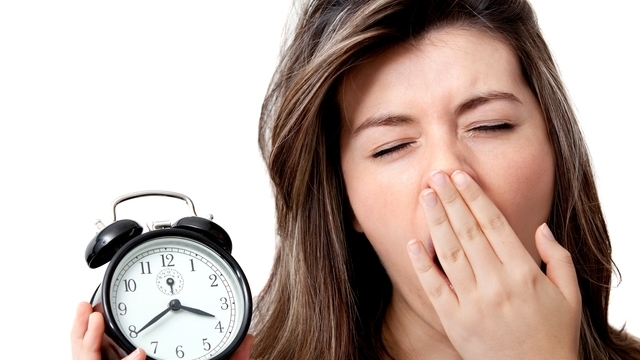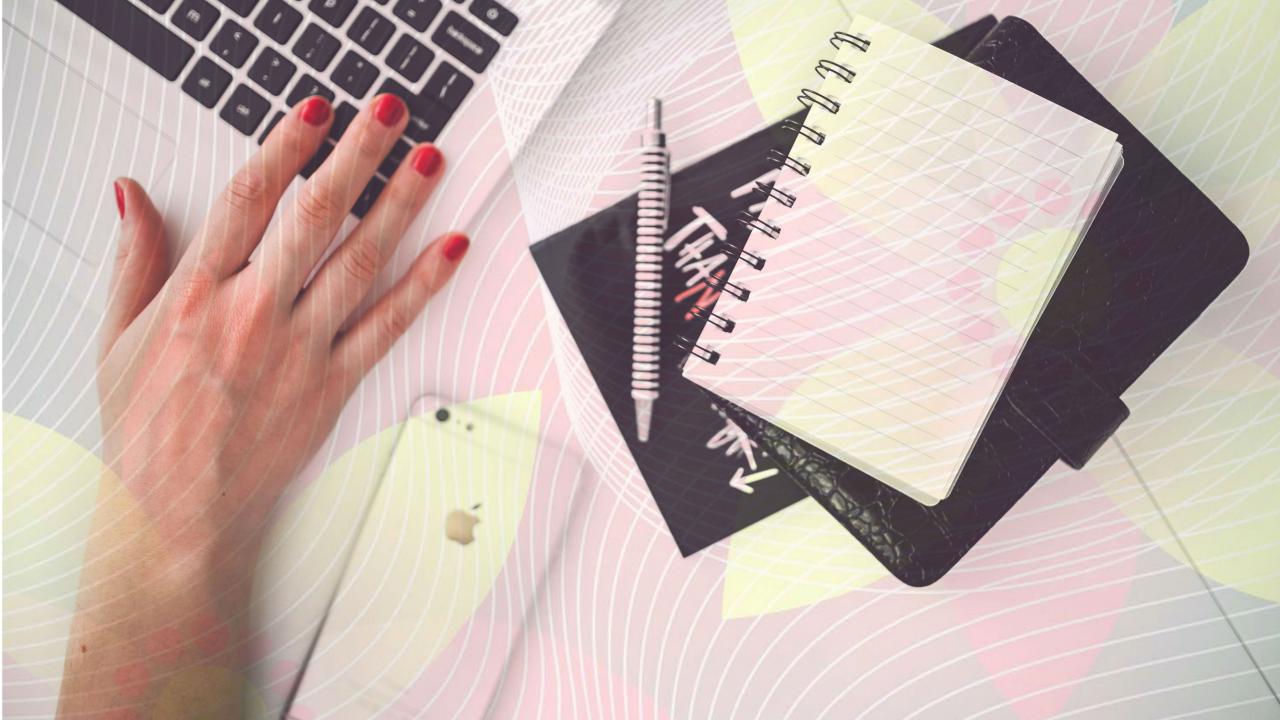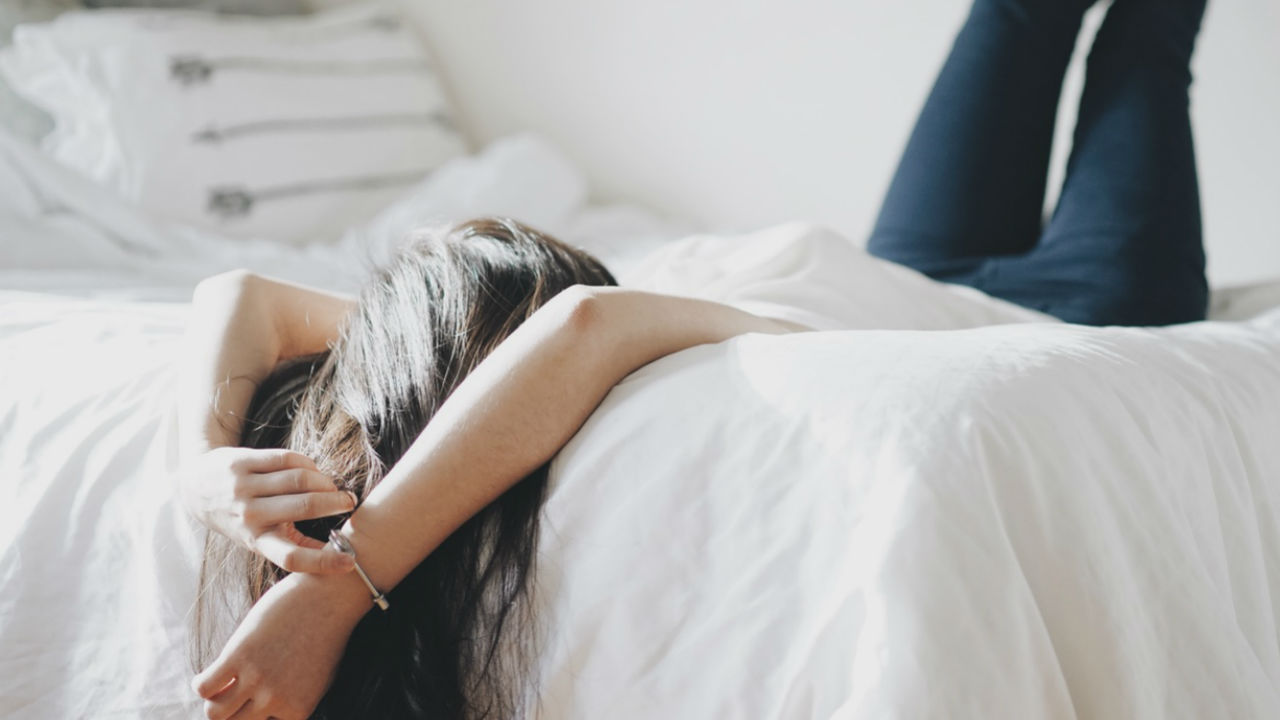 Andres Rodriguez/PhotoSpin
Andres Rodriguez/PhotoSpin
I received an email from a woman who has been suffering from sleep problems for years, asking for advice on what to do to improve her sleep.
As a naturopathic doctor I want to treat the underlying condition. Once you can identify what is causing your sleep disturbances it becomes easy to treat.
When it comes to sleep it can be tricky to find the problem. There are multiple factors that could be the cause of the condition.
Here are some of the most common causes I find and treat.
Hormones can affect your sleep. Our hormonal system is very interconnected and imbalances to do with one hormone can impact others.
When we discuss sleep disturbances and hormones there are several to be considered. Our female hormones, estrogens and progesterone can certainly top the list. However if cortisol, melatonin, thyroid, or insulin are off balance they can impact your sleep as well.
Emotional issues or stress can send the mind racing and keep the mind from quieting down so you can get to sleep. The emotional stress also increases the cortisol production in your body which impedes the ability to sleep.
Shift workers often complain of difficulty sleeping. This is because their body sleep habits are different than traditional night and day patterns.
Our bodies actually produce more melatonin when it is dark outside. When they are sleeping during the daytime they are not producing the optimal amounts of melatonin for sleep.
Drinking alcohol in the evening has been shown to interfere with sleep. It can also cause women to wake more frequently during the night which causes poor quality of sleep.
Poor sleep hygiene or poor sleep habits can be the cause of sleep problems. When we go to sleep at different times every night, or fall asleep with the TV or electronics on we are sending mix messages to our body about going to sleep.
Our bodies love routines, so practicing the same habits every night before bed makes it easier to get to sleep.
Here are some behaviors that can contribute to poor sleep hygiene. Drinking caffeine, eating stimulating foods, eating late at night including sugar, or vigorous exercise before bed can interfere with our ability to relax enough to get to sleep.
If you are dealing with another medical condition, including high blood pressure, diabetes, sinus congestion, any condition that causes pain or restless leg syndrome, it might be causing your sleep problems.
There are many medications for diseases that can impact your sleep too, like some antidepressants, heart medications, allergies and decongestants, or weight-loss medication.
The key to getting a good night’s sleep is to find the underlying cause and then work to solve it.
Live Vibrantly,
Dr. Dae
Dr. Dae's website: www.healthydaes.com
Dr. Dae's book: Daelicious! Recipes for Vibrant Living can be purchased @ www.healthydaes.com
Dr. Dae's Bio:
Dr. Daemon Jones is a Naturopathic Physician who maintains a holistic practice by treating patients all over the country using Skype and phone visits. She helps her patients harvest health and feel great, using a combination of safe and effective naturopathic and conventional methods.
Sources:
"Caffeine Facts: Addiction, Insomnia, Pregnancy Effects, and More." WebMD - Better information. Better health.. N.p., n.d. Web. 25 Sept. 2012.
http://www.webmd.com/balance/caffeine-myths-and-facts
"Alcohol at Bedtime May Not Help Your Sleep." WebMD - Better information. Better health.. N.p., n.d. Web. 25 Sept. 2012.
http://www.webmd.com/sleep-disorders/news/20110215/alcohol-at-bedtime-may-not-help-your-sleep
"Sleep Disorders Treatment - Mayo Clinic." Mayo Clinic. N.p., n.d. Web. 25 Sept. 2012.
http://www.mayoclinic.org/sleep-disorders/treatment.html
Reviewed September 26, 2012
by Michele Blacksberg RN
Edited by Jody Smith






Add a Comment3 Comments
Uh, rule out SLEEP APNEA first with a sleep study. Duh.
March 28, 2013 - 2:30pmThis Comment
I'm surprised at the number of medical professionals unfamiliar with Rozerem, a prescription medicine that helps you get to sleep and is without side effects, as best as I can tell.
March 28, 2013 - 10:51amThis Comment
I've just been reading the Bio Initiative Report from 2007, which strongly supports the information that the RF electromagnetic field from cell phones and towers is contributing to this problem. There are things people can do to protect themselves.
March 28, 2013 - 10:47amThis Comment